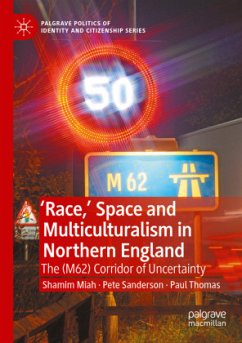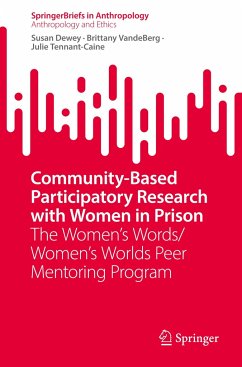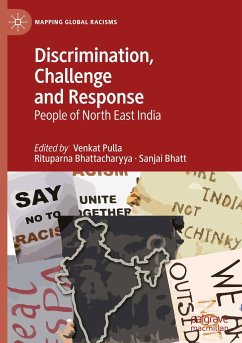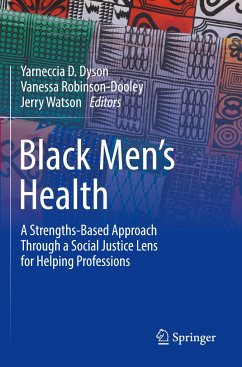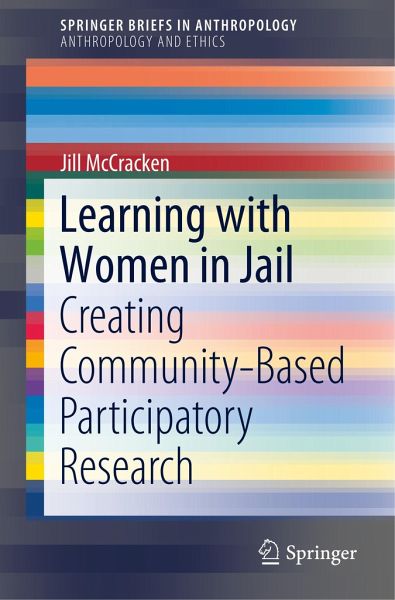
Learning with Women in Jail
Creating Community-Based Participatory Research

PAYBACK Punkte
19 °P sammeln!
In this monograph, the ethical implications of engaging in research with vulnerable populations is explored and demonstrates how Community Based Participatory Research (CBPR) both enhances the research while addressing these ethical complexities. Although CBPR encompasses different levels of community engagement, in general, the participants, or co-researchers, are involved in the formulation of the research questions and methodologies because they are central to the conversation about what should be researched and how. Participants are directly involved in formulating the study problems and f...
In this monograph, the ethical implications of engaging in research with vulnerable populations is explored and demonstrates how Community Based Participatory Research (CBPR) both enhances the research while addressing these ethical complexities. Although CBPR encompasses different levels of community engagement, in general, the participants, or co-researchers, are involved in the formulation of the research questions and methodologies because they are central to the conversation about what should be researched and how. Participants are directly involved in formulating the study problems and finding solutions, and usually the goal is to create social change that can be applied to and potentially transform the community.
Learning with Women in Jail: Creating Community Based Participatory Research documents the research process to better understand the causes for incarceration and recidivism.The study used a (CBPR) framework so that the people who had directly experienced incarceration would lead the research as much as possible, from framing the research questions and methodologies to data capture and analysis.
Learning with Women in Jail: Creating Community Based Participatory Research documents the research process to better understand the causes for incarceration and recidivism.The study used a (CBPR) framework so that the people who had directly experienced incarceration would lead the research as much as possible, from framing the research questions and methodologies to data capture and analysis.




